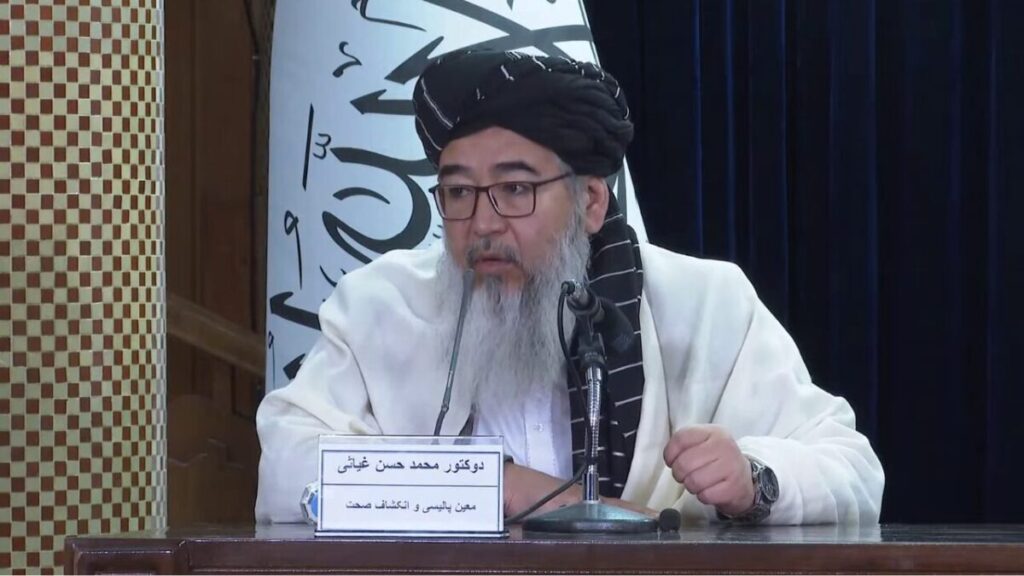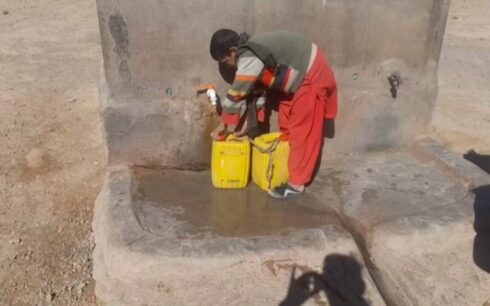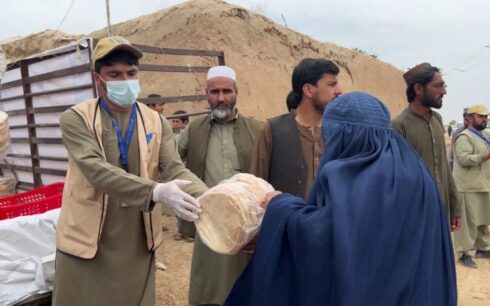KABUL, Afghanistan — Mohammad Hassan Ghiasi, the Taliban’s deputy minister of public health for policy, claimed on Wednesday that Afghanistan is not facing a shortage of female healthcare workers, despite mounting concerns after ban on women’s medical education.
“According to the statistics we have, there is no shortage of female healthcare personnel,” Ghiasi said. “This is a national issue that our leadership has been carefully addressing, and we will share the outcomes with you soon.”
Responding to a question about consequences of Taliban’s ban on medical education for women, Ghiasi said claimed that Afghanistan has nearly 30,000 trained midwives who are not currently integrated into the country’s healthcare system.
Ghiasi further claimed that the Taliban are working on plans to employ these midwives in newly established healthcare centers, ensuring compliance with what he described as “Islamic and Sharia principles.”

“We have more than 30,000 midwives who are awaiting employment opportunities,” he said. “We promise to utilize their expertise in appropriate roles within the healthcare system while adhering to religious guidelines.”
He downplayed the situation as a “lack of coordination” rather than a significant problem, adding, “We hope to share our achievements in addressing these issues with the public soon.”
The Taliban’s recent ban on women pursuing medical education has drawn sharp criticism from global organizations, including the United Nations, which warned that Afghanistan faces a severe shortage of female healthcare workers. This shortfall poses a critical threat to maternal and child health, particularly in rural areas where female medical staff are essential for providing culturally appropriate care.
While international experts continue to sound the alarm, the Taliban’s leadership appears to dismiss these concerns. Critics argue that the restrictions on women in healthcare will exacerbate an already fragile healthcare system, which has been struggling since the Taliban’s return to power in 2021.





